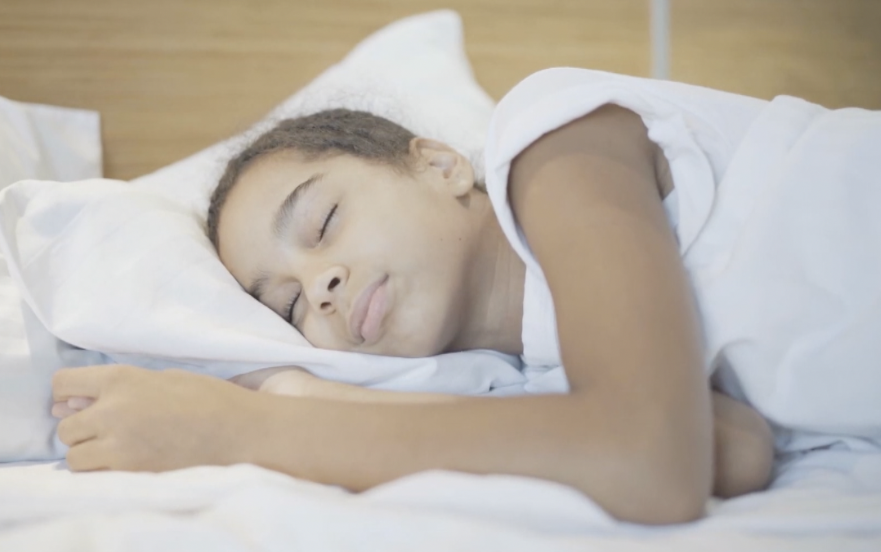WACO, Texas (KXXV) — When the school bell rings, every parent hopes their child is ready to learn. But if the morning starts with yawns, sluggish steps, and grumpy moods, the culprit might be simple: not enough sleep.
- A 2020 CDC study found that 84.4% of kids ages five to 17 had a regular bedtime during a typical school week. But the data showed that teens were less likely to stick to that routine compared to younger children.
- Dr. Jamie Avila with McLane Children’s tells 25 News that one of the first signs of sleep deprivation in kids is a lack of focus
- Dr. Avila also says the spectrum of sleep for school-age kids 5-18 years old is 9-12 hours a night
BROADCAST TRANSCRIPT:
When the school bell rings, every parent hopes their child is ready to learn. But if the morning starts with yawns, sluggish steps, and grumpy moods, the culprit might be simple: not enough sleep.
Dr. Jamie Avila with McLane Children’s tells 25 News that one of the first signs of sleep deprivation in kids is a lack of focus. From there, it can snowball into behavioral issues — kids may seem defiant or irritable when, in reality, they’re just tired.
How Much Sleep Do Kids Really Need?
The answer depends on age, Dr. Avila says:
“When we're talking about school age — roughly 5 to 18 — a good spectrum is 9 to 12 hours a night. Younger kids need more sleep, but even high schoolers and older middle schoolers still require 8 to 9 hours a night. That can be tricky as their schedules fill up.”
Why Routines Matter
A 2020 CDC study found that 84.4% of kids ages 5 to 17 had a regular bedtime during a typical school week. But the data showed that teens were less likely to stick to that routine compared to younger children.
Dr. Avila says a consistent bedtime — and wake-up time — is key for the body’s natural rhythm.
“It’s important to stick to your routine, whether it's a weekday or a weekend. Try not to vary by more than an hour. Letting kids sleep in too much on weekends can throw off their internal clock. Keeping the environment right — cool, dark, and quiet — also helps. A soft nightlight for younger kids is fine, as long as it’s not bright or producing blue light.”
The Biggest Sleep Disruptor? Screens
If there’s one change families can make right away, Dr. Avila says it’s getting devices out of kids’ hands at least an hour before bedtime.
Phones, tablets, and TVs emit blue light that tells the brain to stay awake — making it much harder for kids to fall asleep and get restorative rest.
The Bottom Line
Consistent schedules, cozy sleep spaces, and screen-free evenings can make a world of difference in your child’s school day. The payoff? Better focus, improved mood, and a morning that starts with energy instead of exhaustion.
This story was reported on-air by a journalist and has been converted to this platform with the assistance of AI. Our editorial team verifies all reporting on all platforms for fairness and accuracy.




